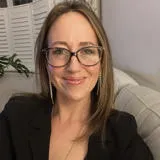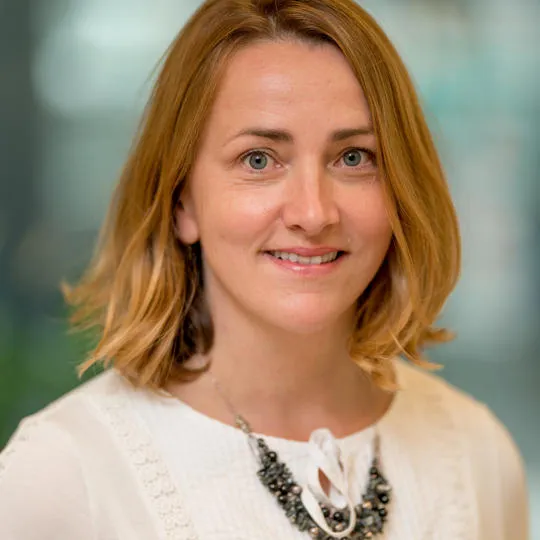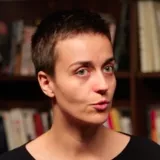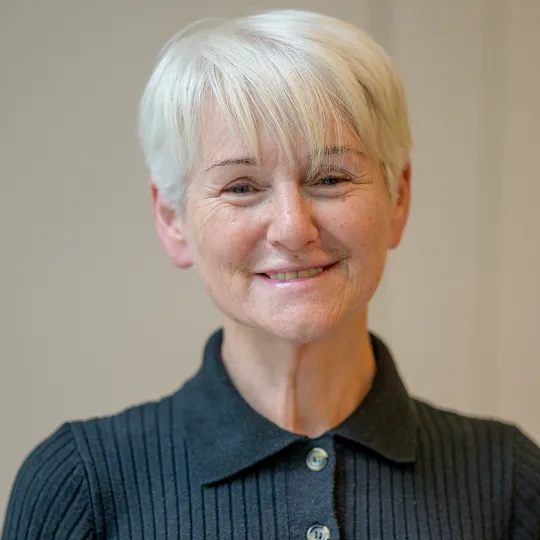The issues that are going to make women turn out and vote more than men are the key issues they care about more, which is the NHS, the cost-of-living crisis, housing and childcare. Those are all massive issues in society and if the election is not about those, then that is a travesty.
Professor Rosie Campbell
08 March 2024
Experts examine the role of women in elections around the world this year
To mark International Women’s Day, the Faculty of Social Science & Public Policy hosted a panel discussion and networking event to explore how much women will determine who rules the world in 2024.
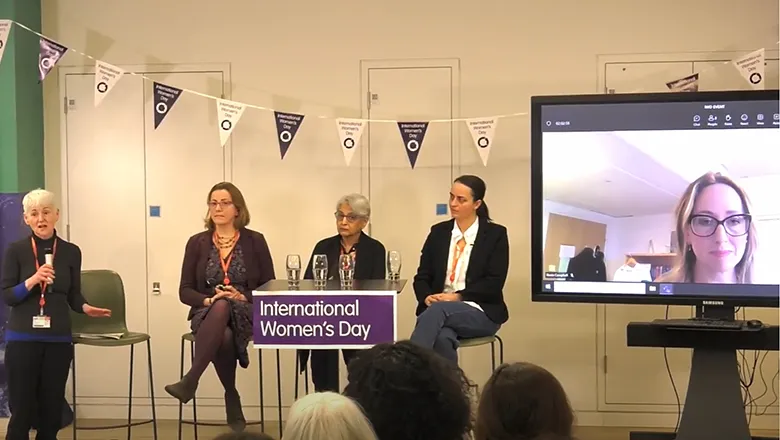
In this unique year for democracy, experts from across SSPP came together to discuss how much women’s priorities are affecting political campaigns ahead of key elections taking place this year and how much women might determine who gets into power.
Opening the event, SSPP Executive Dean Professor Linda McKie highlighted how the event was part of the faculty's Poll to Poll 2024 series inspired by the fact that around 1.5 billion people will be voting in elections in more than 50 countries around the world during this year.
The UK is one of those elections and Professor Rosie Campbell, a Professor of Politics and Director of the Global Institute for Women’s Leadership at King’s, said women make up the majority of voters in Britain, but are often treated as “niche subgroup” whose priorities are neglected by political parties.
She discussed how the evidence shows women are moving to the left of men and some of those hit by the cost-of-living crisis might be leaning more towards Labour so will be a key target group in this election. She said UK women are just as likely to vote in elections as men, but they are likely to make up their minds later on in the campaigns on which party to back.
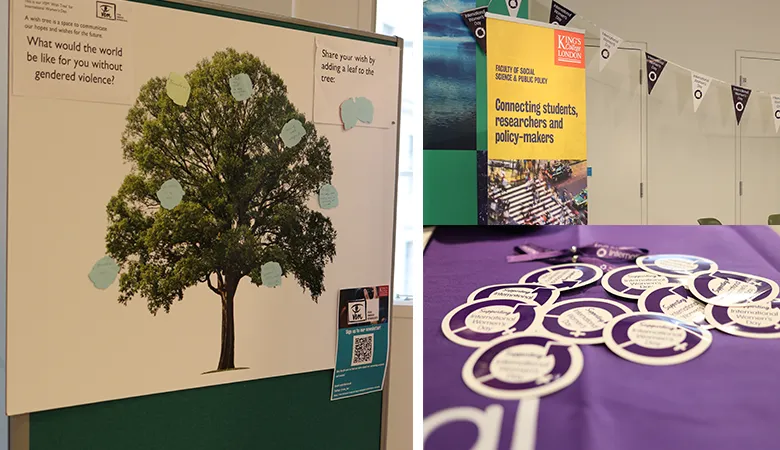
At the event, held on 6 March in The Exchange in Bush House, Professor Campbell also discussed evidence that shows women might need more encouragement than men to put themselves forward for political leadership roles. In response to a question around how young men and women are increasingly becoming politically divided, she felt social media played a key part as each group sees very different content. Some then seek to exploit this, so education is key to helping people navigate this space.
Professor Niraja Gopal Jayal, King’s India Institute’s Avantha Chair and Centennial Professor at the London School of Economics’ Department of Gender Studies, spoke about the upcoming Indian elections and how political parties are trying to appeal to women by making promises on issues they think will appeal to them. However, she pointed out that in many cases they are household issues – such as free cooking gas or access to piped water – not issues specific to women.
She discussed new legislation passed by the ruling BJP which would guarantee quotas for women of a 33 percent in Parliament and the state legislature. She said they will make much of it in the election campaigns, but it won’t take effect until 2029 or 2039.
She also spoke about the misogyny women in Indian politics face, with 2019 being "the most toxic" election to date and she predicted this year’s elections will see abuse targeted at women politicians.
I don’t think political parties seem concerned enough to be able to foster safe spaces. I think we need feminist men before we can make those safe spaces within political parties as well as on social media.
Professor Niraja Gopal Jayal
Looking to the European Parliament elections in June, Dr Isabelle Hertner, Senior Lecturer in Politics of Britain in Europe at King’s and Director of King’s Centre for German Transnational Relations, said we are likely to see a move towards the right, especially the populist radical right. Such parties were seen traditionally as ‘men’s parties’ but that is changing as more women are voting for them and more are being led by women. She also said the EU had done much to advance gender equality, but other issues are likely to dominate campaigns.
I think this year we will see a focus on immigration, unfortunately. Also climate change, cost-of-living, Ukraine, Israel and Palestine, I think these will be the issues this year. It is not going to be gender equality.”
Dr Isabelle Hertner
Dr Mona Morgan-Collins, Lecturer in Gender and Political Economy at King’s and a visiting scholar at Harvard University, spoke about women’s turnout following enfranchisement and how we can learn much from history and from looking at different countries around the world. She said that if an election looks highly competitive, women are more likely to vote, and they can also be mobilised by women’s networks, as was seen by the suffragette moment both successfully winning women the vote and encouraging them to turn out at elections.
She added that data shows some women politicians in the UK today are censoring themselves on social media because of repercussions they might face. She said events such as this one play a crucial part in encouraging women to talk more about politics.
Come and talk about politics with others. Just what we are doing right now, here, is mobilising. This is really important, so you see what other people, what other women are thinking and what the issues are. I would say just talk, just do what social citizens do
Dr Mona Morgan-Collins
Professor McKie suggested we need a multi-faceted approach across education, politics & society to create safe spaces for women & tackle misogyny.
The event also heard from Maggie Wainwright, President of the Women in Politics Society at King’s and Rosie Lyons, Editor-in-chief of their magazine Clandestine – articles from which were on display as well as artworks created by staff and students of inspiring women who they felt could change the world for the better.
Watch the full event
Find out more about our Poll to Poll Series
This event was part of the Poll to Poll 2024 series of expert comment and events, which the faculty has launched to explores the insight this year will give us into the state of democracy today, current trends and the geopolitical ramifications of key elections during the year .

